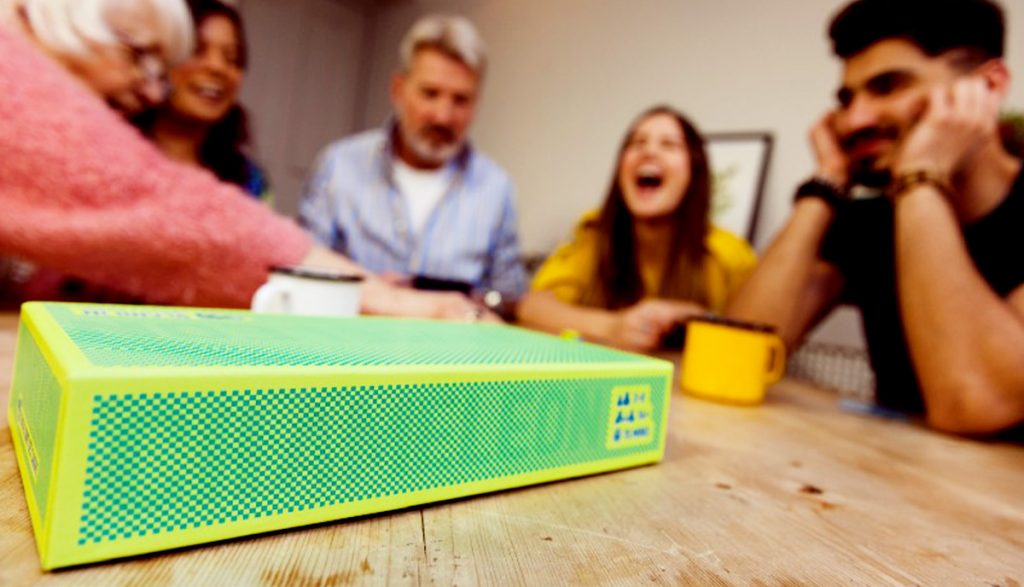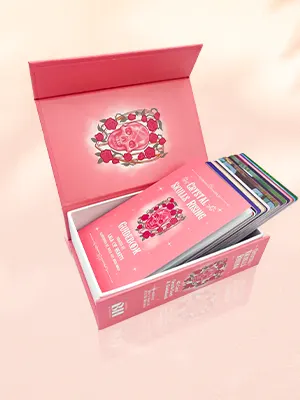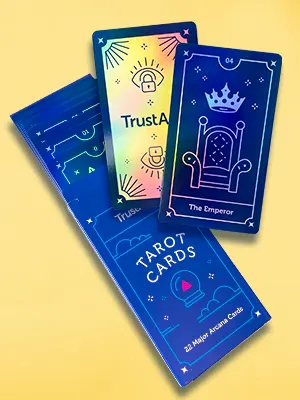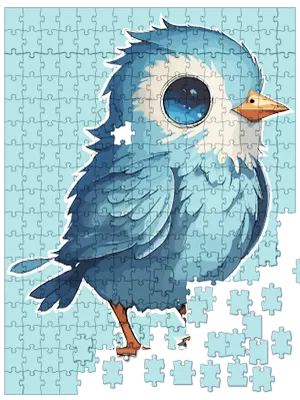A guide to the why, when, and how of playtesting board games

Photo by Big Potato on Unsplash
The importance of playtesting
One of the biggest mistakes new board game designers make is not play-testing enough—or at all. Play-testing means getting others to play your game and give feedback so you can refine it before self-publishing, launching a Kickstarter, or pitching to publishers.
How to playtest a board game
Many designers don't understand the difference between casual play-testing with friends and thorough play-testing. If you're designing a game, chances are you're already a gamer—great! That means you're ready for step one: testing with your friends and family.
This gives you an initial feel for gameplay, mechanics, pacing, and player engagement. But friends and family won't always be brutally honest. Their feedback is useful, but it's just the beginning.
Finding unbiased playtesters
To get real, critical feedback, you need unbiased testers—people who don't know you and won't sugarcoat their opinions. It's daunting, but essential. No great game was perfect from the start; good design is an iterative process. You tweak, refine, and test again—repeatedly.
Start with local game nights. If you're not attending one already, go and get to know the regulars first. After a few sessions, mention your game and ask if they'd be willing to test it. Some will be kinder, others more blunt—but both perspectives are valuable. Schedule a session, bring your prototype, and take notes.
Questions to ask playtesters
Prepare specific questions to get meaningful feedback:
- What did you enjoy most? Least?
- Were the rules clear?
- Did the game feel exciting?
- Did you feel in control of decisions?
- Did the theme enhance the experience?
- Was the pacing too fast, slow, or just right?
- Did you feel you had an equal chance to win?
- Was anything confusing?
- What would you change to improve the game?
A printed questionnaire can help, but listen carefully to verbal feedback too. Not every suggestion will be right, but all deserve consideration. If a change doesn't work, you can always revert.
Expanding your playtesting
Once you've refined your game, go beyond your local scene. Visit other game nights, join clubs, and keep testing. Some people won't be interested—don't take it personally. Be grateful to those who give their time and make a note of their names; you'll want to remember them if your game succeeds.
Playtesting at conventions
Once you've tested extensively, it's time for conventions. A quick search will reveal plenty of game conventions with opportunities for pitching to publishers and testing prototypes. These events attract serious enthusiasts and top designers, offering invaluable feedback and networking opportunities.
FAQs
Playtesting helps identify flaws in mechanics, pacing, balance, and player engagement. It ensures the game is fun, fair, and functional before investing in production or pitching to publishers.
As many times as needed! A well-designed game goes through multiple rounds of playtesting, often 50+ sessions with different groups, before reaching a polished state.
As soon as you have a rough prototype. Even a simple version on paper can reveal early issues with gameplay mechanics and balance. Don't wait for perfect artwork—focus on function first.
Start with friends and family for early feedback, then expand to unbiased players at board game clubs, local game stores, and conventions. Serious gamers and designers will provide the most valuable insights.
Observe player engagement, confusion, frustration, and strategy development. Take note of rule misunderstandings, slow or overcomplicated mechanics, and moments of excitement or boredom.
Yes! A structured questionnaire helps collect specific feedback. Include questions on clarity of rules, game balance, fun factor, and suggestions for improvement.
Most games go through multiple iterations—some designers create 10+ prototypes before reaching a final version. Each playtest should lead to refinements.
Once your mechanics are refined and you're ready to pitch to publishers or launch a crowdfunding campaign, invest in a polished prototype with high-quality components.
Use a professional game manufacturer that offers short-run printing. Companies like QinPrinting provide custom boards, cards, boxes, and rulebooks at industry standards.
Start with basic print-and-play materials (paper, cardboard, 3D-printed pieces) for early tests. For later prototypes, upgrade to professional-quality components for a realistic gameplay experience.
While ideas can't be copyrighted, unique mechanics and artwork can. If pitching to a publisher, a non-disclosure agreement (NDA) may offer some protection, but most industry professionals rely on reputation and trust.
When playtesters consistently understand and enjoy the game, mechanics are balanced, and feedback no longer results in significant changes, your game is likely ready for production or pitching.
What's next?
After thorough play-testing, you have three options:
- Keep it as a personal project and enjoy it with friends.
- Create a professional version with polished artwork and components, then launch a Kickstarter campaign.
- Build a top-tier prototype and start pitching to publishers. This can be tough, but persistence pays off—Magic: The Gathering and Dungeons & Dragons were both rejected multiple times before finding success.
Talk to us. We can help.
When your game is ready, we can help turn it into a high-quality, professional prototype or ready-for-sale product. With over 25 years of experience, we specialize in printing game boards, boxes, rulebooks, and components using top-tier digital and offset technology. Let's make your dream a reality—get in touch. Shoot us an email to [email protected] or call us on +1 951 866 3971 (remembering potential time zone differences!) and we'll be delighted to discuss your needs, answer your questions, and help in any other way we can.







I would like to get a quote on a familiar game I have enhanced and would like to have made. But before I explain my idea, does your company do a letter of NDAs? Just to make sure that confidentiality agreements are clear, in writing, that my invention is confidential, and the parties privileged to know about it must not release any information to others without your permission.
Hi Linda, thanks for your question. First up, yes, if we work with you, we can sign an NDA by negotiation. We often do. But when you say you have a version of a "familiar" game, do you mean a game someone else has already invented and produced? Because if that is the case, you may risk breaching copyright and plagiarism laws even if you've made significant changes to the original. We would suggest you take legal adivice on that front. And if the game was too close to something already out there (crudely called "a rip off"), we would not be able to print it for you. Just to be transparent with you! In any case, we've asked one of our experts to contact you via email, so check your inbox and spam/junk folders for that.